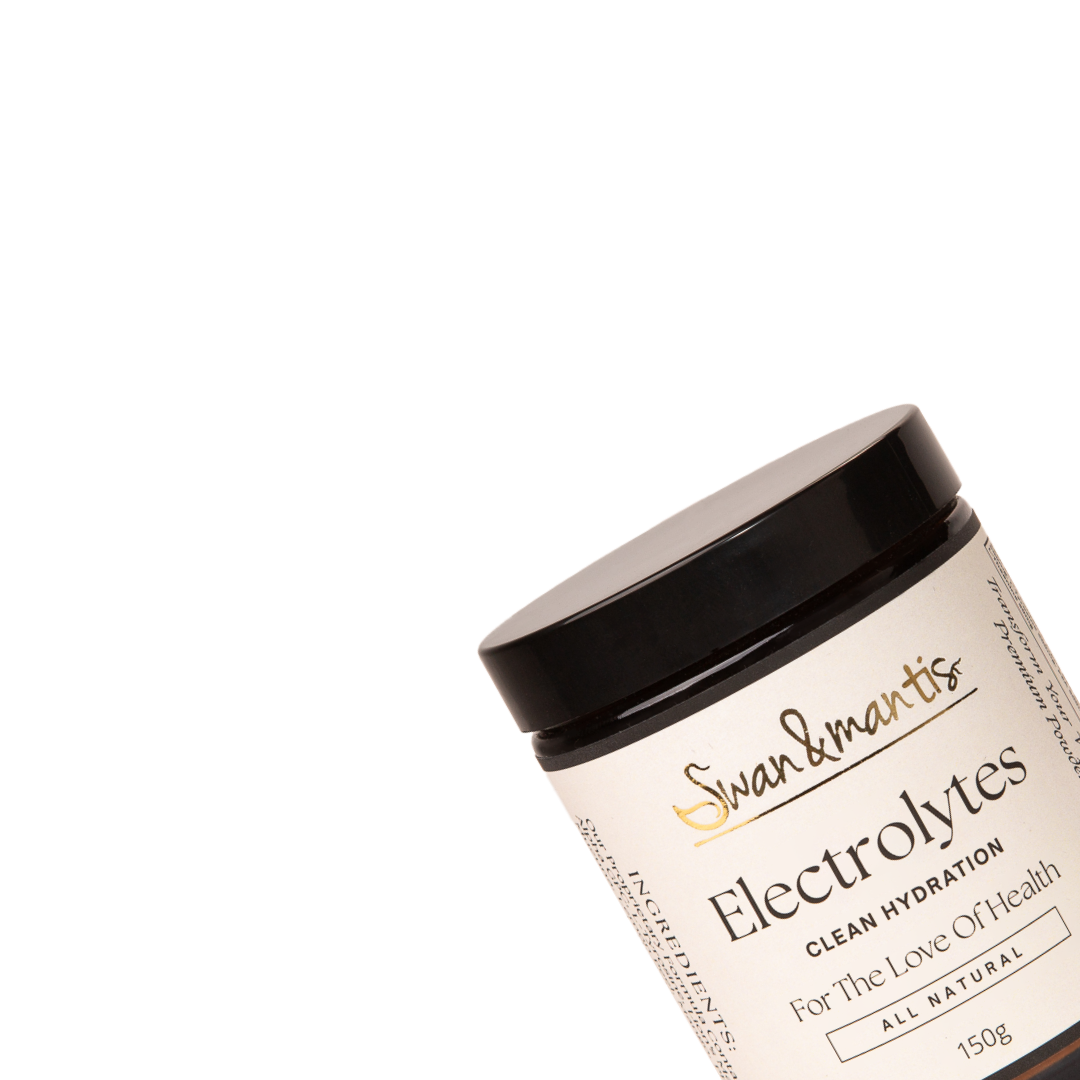PSA TEST ARE UNRELIABLE
(CBS News) A top panel of health experts called the U.S. Preventive Services Task Force says that men should no longer get routine prostate-specific antigen (PSA) tests to screen for prostate cancer. The reason, it says, is that the tests may lead to treatments that do more harm than good.
U.S. panel recommends against PSA tests for screening prostate cancer in men of all ages
More than 33,000 American men die of prostate cancer each year. And, every year, 20 million get the PSA test to detect the disease early. The recommendation is already causing a lot of criticism. Dr. Jon LaPook reported on the issue.
For 20 years, the message has been the same: Get a PSA test every year or two, detect prostate cancer early -- and save your life. Dr. Michael Lefevre helped lead the panel that said the message was wrong.
"The problem is that in contrast to the small benefits, a significant number of men will be harmed by the test and treatments that follow prostate cancer screening," he said to CBS News.
The task force said:
-
The PSA is unreliable, giving a falsely positive result 80 percent of the time.
-
Prostate cancer is typically diagnosed in older men, and the disease usually progresses so slowly they die of something else.
The panel is among the most influential in the country. It cited an 11-year study of over 180,000 men. The study showed more than 1,000 need to be screened to detect 37 cancers and prevent a single prostate cancer death.
The options for men with prostate cancer include radiation, surgery, hormones and or simply observing. Side-effects of treatments include erectile dysfunction and urinary difficulties. Lefevre says the consequences can be even worse.
"Ultimately, we'll find that two to three men out of those 1,000 will, in fact, have a serious complication such as heart attack, stroke, blood clot or even death," Lefevre said.
The recommendation sparked fury today at the annual meeting of the American Urological Association. In a statement, the group said it was "outraged" and that the recommendation was "inappropriate and irresponsible."
"I do not believe that the medical evidence in any way supports this conclusion," Dr. Herbert Lepor, the head of urology at NYU Langone Medical Center, told CBS News.
"PSA has taken us down the road to decreasing the risk of prostate cancer deaths," he said. "We all recognize we've got a long way to go to perfect screening, but the last thing we need to do is turn back."
"We have been taught for years to fear cancer and that only hope is early detection and treatment," Lefevre said. "And so for both doctors and patients alike, it's difficult to accept that some cancers don't need to be discovered and don't need to be treated."
As for those who have a family history of prostate cancer, the panel believes that doctors can't specifically reccommend to do the test -- because it still isn't at the point where it can provide more benefits at the risk of negative consequences. But the test may be further developed, and LaPook suggested that each patient should talk to their doctor about the pros and cons of taking the PSA test.
"PSA Founder states that PSA does not diagnose Prostate Cancer."
Dr Richard Ablin of the University of Arizona, the founder of the PSA test says that it does not diagnose Prostate cancer. It is a marker for inflammation, NOT cancer.
PSA testing is under fire again, with the doctor who discovered it condemning it as “a public health disaster”.
“PSA testing can’t detect prostate cancer,” he wrote, saying elevations in PSA levels could be caused by infections, over-the-counter drugs such as ibuprofen and benign swelling of the prostate.
“More important, it can’t distinguish between the two types of prostate cancer – the one that will kill you and the one that won’t,” he wrote.
He said the test still had a place, but only for the routine testing of men with a family history of prostate cancer, and for monitoring men who had already been treated for the disease.
Yet at present, some 30 million American men undergo PSA testing each year. While they had a 16% chance of being diagnosed with prostate cancer, they only had a 3% chance of dying from it because most cancers developed slowly over time, he said.
His comments follow two major studies last year which failed to prove PSA testing saved lives. One study found 1410 men would need to be screened and 48 additional cases of prostate cancer would need to be treated to prevent one death from prostate cancer.
The other study found no difference in mortality rates between men who were screened with PSA and digital rectal examination, and controls over 7-10 years of follow-up.
From http://www.prostate-massage-and-health.com/psa-test.html
The Useless Routine
PSA Test
The routine PSA Test is another of the almost totally useless procedures inflicted on men over 40. It can unnecessarily scare the crap out of a man and lead to more harm than good.
This test is performed by drawing some blood and measuring the amount of a specific protein (PSA) in that blood sample.
A high PSA test level (prostate specific antigen test level) is not an accurate indicator of prostate cancer. And, that is what the test is primarily used for. The test is really not a very accurate indicator of anything specific.
PSA Test Levels
Test levels can be high for many reasons. Even normal ejaculation can dramatically increase a test score for 48 hours after the ejaculation.
Whenever prostate health is affected, you may see an elevated PSA level. Prostate infection, BPH (benign prostatic hyperplasia), enlargement of any kind, even age can also all cause a high PSA test score. So can an overly aggressive prostate massage.
Here's the real kicker: The prostate gland is not the only organ that secretes the "prostate specific antigen". Which means it is not really as specific to the prostate gland as was once believed.
The same material ("prostate specific antigen") is also found in other types of cells. This includes cells of myeloid leukemia, lung cancer, ovarian cancer, breast cancer, and sometimes even in normal blood cells.
PSA Test Inaccuracy . Is Legendary!
Dr. James Eastham (MD, FACS, of Memorial Sloan-Kettering Cancer Center) states: "Studying 1000 men, researchers found that about 1/2 of those who had a high PSA level, had normal results in the 2nd test."
He goes on to say the problem with most second tests (where the levels remained the same) is that they are usually performed too soon after the first test.
Dr. Eastham suggests waiting not a week, but about 6 weeks before the second test. This gives the body a chance to remedy whatever condition existed that may have caused the PSA levels to be abnormally high.
And if prostate cancer does exist, more often than not, it is not detected with a PSA level test anyway. Dr. Eastham further says: "Only 1 out of 4 biopsys detected cancer that existed."
Even the National Cancer Institute and The US Preventative Services Task Force are in opposition to routine PSA testing. They believe the risks of follow-up tests (prostate biopsy) and the treatment side effects may outweigh the possible benefits.
Why perform unnecessary costly inaccurate tests that may prompt life threatening further tests (like prostate biopsy)?
Constant Unreliable Results
It is well known that there are many "false positive" results and "false negative" results in the history of the PSA level test.
The New England Journal of Medicine states: "(the) PSA level test has been found to miss 82 percent of tumors in men under 60, and 65 percent of cancers in older men".
This data is erroneously causing some scientists to recommend that men with even lower PSA test scores have biopsys! That is disgusting!
That, of course, would have even more men without prostate cancer enduring a risky unnecessary prostate biopsy "just to be sure". And worst of all, prostate biopsys put men who actually have prostate cancer at a much higher risk of spreading their cancer cells.
A Better Test With Reliable Results
A testing method far superior to the PSA Test is available. It was developed by the Oregon Health & Science University Cancer Institute and the Portland Veterans Affairs Medical Center (PVAMC).
Dr. Garzotto (director of urologic oncology at the PVAMC, associate professor of surgery ((urology)) in the OHSU School of Medicine, and member of the OHSU Cancer Institute) who is the lead study investigator states: "Knowing a patient's age and the results of a few simple clinical tests is all the information we need to accurately predict tumor grade without performing a biopsy."
Conclusion
It can only be concluded that the PSA test is an outdated, inefficient, potentially extremely harmful method of diagnosing prostate cancer or any other type of prostate disorder.
Be Well.....
William
High PSA Levels From Prostatitis
"The PSA test is a good screening tool for prostate cancer, but it is not very specific," says Erik P. Castle, MD, FACS, an associate professor of urology at the Mayo Clinic. "Common causes of inflammation in the gland, called prostatitis, can cause high PSA levels." Prostatitis caused by bacteria can be treated with antibiotics. Another more common type of prostatitis, called nonbacterial prostatitis, can be harder to treat and last a long time. Prostatitis is the most common prostate problem for men younger than 50.
High PSA Levels From Medical Procedures
"Anything that traumatically interferes with the architecture around the prostate gland can make PSA go up," says John Milner, MD, FRCS, an assistant professor of urology at Loyola University's Stritch School of Medicine in Chicago. "One of the most common causes of significantly high PSA from this type of trauma is the placing of a catheter into the bladder." Another cause is a prostate or bladder exam that involves passing a scope or taking a biopsy. "Since it takes about two to three days for PSA to go down by half, you should wait about two to three weeks after this type of trauma to do a PSA test."
High PSA Levels From BPH
Benign prostatic hyperplasia (BPH) is an enlargement of the prostate gland, but it’s not prostate cancer. "BPH means more cells, so that means more cells making PSA," explains Dr. Castle. BPH may not need to be treated unless it is causing frequent or difficult urination. BPH is the most common prostate problem in men over age 50. Your doctor may be able to tell the difference between BPH and prostate cancer by doing a digital rectal exam. BPH usually causes abnormal PSA tests in the 4 to 10 range.
High PSA Levels From a Urinary Tract Infection
"Any infection near the prostate gland, including a urinary tract infection, can irritate and inflame prostate cells and cause PSA to go up," says Dr. Milner. If you’ve been diagnosed with a urinary tract infection, be sure to wait until after the infection has cleared up before getting a PSA test. In men, most urinary tract infections are caused by bacteria and respond well to antibiotics. Be on the alert: BPH increases your risk for a urinary tract infection.
High PSA Levels as You Get Older
Even without any prostate problems, your PSA levels can go up gradually as you age. "At age 40, a PSA of 2.5 is the normal limit," says Milner. "By age 60, the limit is up to 4.5; by age 70, a PSA of 6.5 could be considered normal." Even so, a study done in Sweden and reported in the medical journal BMJ found that a low PSA at age 60 is especially welcome news. In 1,167 men who were followed from age 60 to age 85, those with a PSA at or below 1 ng/ml at age 60 had only a 0.2 percent chance of dying from prostate cancer.
High PSA Levels After Sex
"Ejaculation can cause a mild elevation of your PSA level, and so can having a digital rectal exam," explains Milner. "These types of PSA elevations are usually not enough to make a significant difference unless your PSA is borderline. PSA should return to normal in two to three days." Doctors will usually draw blood for a PSA level before doing a rectal exam. Ask your doctor if you should avoid ejaculation for a few days before a PSA test.
High PSA Levels From Riding Your Bike
There have been occasional studies that link prolonged bike riding to an increase in PSA levels, but others haven’t found such a connection. "You would probably have to be a Lance Armstrong-type bike rider to worry about bike riding and a significant rise in your PSA," says Castle. "The most important thing to know about PSA is that it is still a really important screening test for prostate cancer, and prostate cancer is still the number two cancer killer behind lung cancer for men."
Last Updated: 07/12/2012
It was believed that PSA was produced exclusively by the epithelial cells of the prostate gland, but a large body of evidence demonstrates that PSA is not a prostate-specific molecule. PSA has been shown to be expressed in many forms of female tissues


